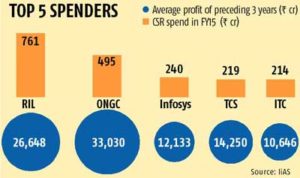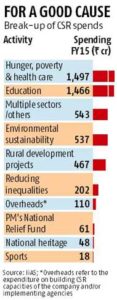 The I-T department in the recent times has taken a host of initiatives to reduce human interface between tax official and assessees and make the tax system non-adversarial
The I-T department in the recent times has taken a host of initiatives to reduce human interface between tax official and assessees and make the tax system non-adversarial
The income tax department is planning to carry out all communication related to the scrutiny of returns through e-mails from the next fiscal to reduce harassment of tax payers by eliminating interface between assessees and taxmen.
The I-T department, on a pilot basis, has already started scrutiny of returns through e-mails in 5 metropolitan cities- Delhi, Mumbai, Bengaluru, Ahmedabad and Chennai regions.
“We are working on a software so that all scrutiny communications can be stored in a specified server. Once it is ready, we will shift to e-environment as far as scrutiny, and all communications in this regard are concerned,” a top revenue department official told PTI.
The official further said that moving to e-scrutiny would help in combating corruption, as it would reduce the interface between assessee and tax officials. Also, he added that all the communication records with regard to scrutiny would be stored in one place and can be verified whenever needed.
“There has been an encouraging response to the pilot project undertaken by the tax department. From next fiscal we want to make all scrutiny communication through emails,” the official said.
The Central Board of Direct Taxes (CBDT) has already asked the officials to initiate the concept of using emails for corresponding with taxpayers.
The I-T department in the recent times has taken a host of initiatives to reduce human interface between tax official and assessees and make the tax system non-adversarial. These include directing field offices to raise only specific queries in income tax assessment cases picked up for scrutiny. It also directed expeditious completion of those scrutiny cases where income concealed is up to Rs.5 lakh.
The department had also stipulated that appeals before I-T commissioner should be filed in electronic format by those assessees who e-file their returns.






